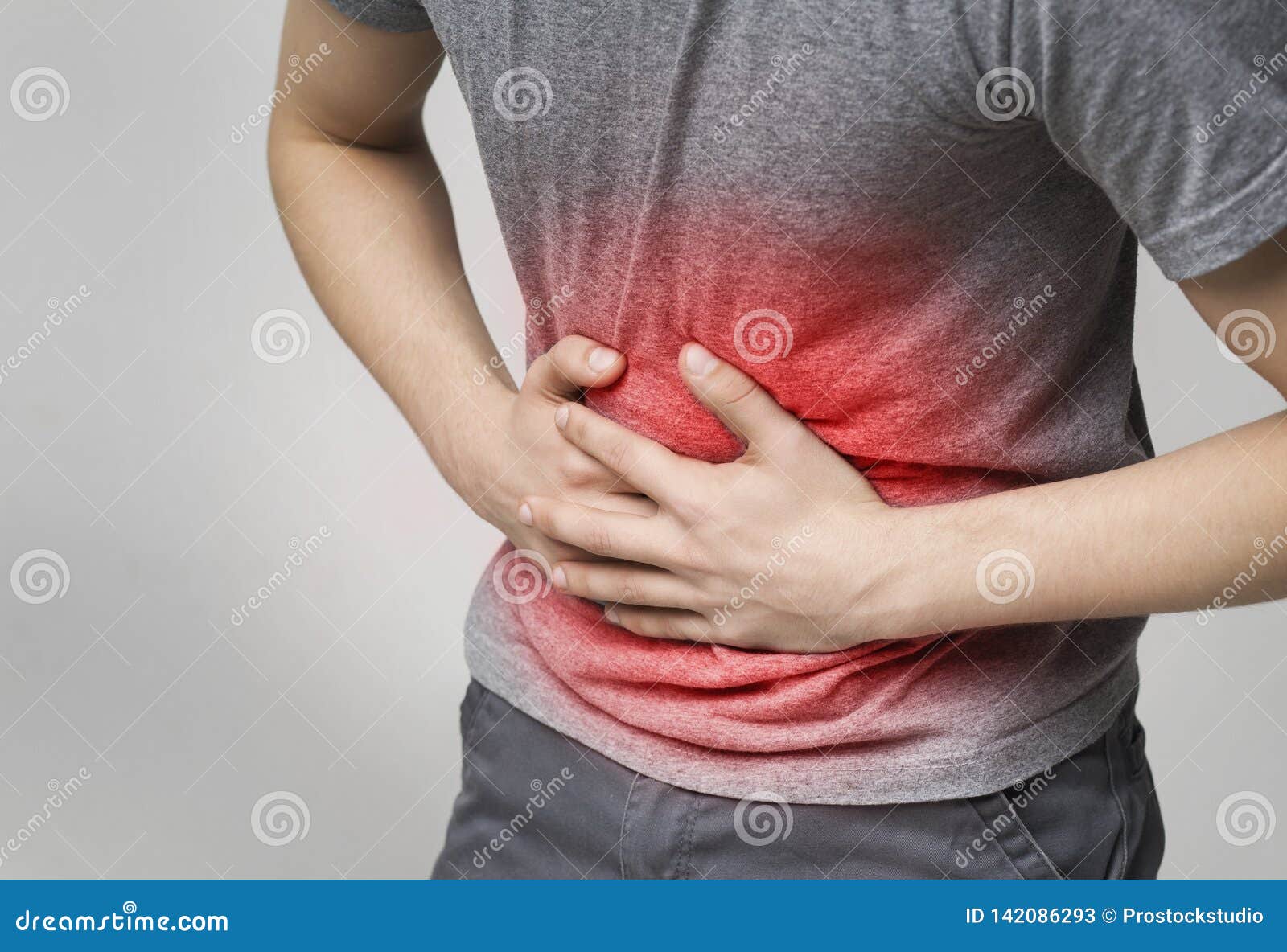

Many people experience bloating after having a stomach virus or bug. When you do physical activity, it stimulates the muscles of the digestive tract which, in turn, helps the food and air bubbles pass through your GI tract more easily. If you find yourself bloated, it may mean you’re not getting enough exercise. However, exercise is a great way to prevent or overcome bloating. It may be difficult to think about exercising when you’re feeling bloated. When your heart races, your body diverts blood away from the GI tract, which then slows down your digestion. For example, heavy breathing makes you swallow more air than normal, which leave you feeling bloated. When you’re stressed out, your body experiences physical symptoms that can have an effect on your GI tract and lead to bloating. The gas in your belly can leave your feeling bloated and heavy. When you get backed up, it is usually accompanied by gas. We’ve all experienced that terrible feeling of not being able to go to the bathroom. This is also true of popular probiotic, naturally fermented drinks like kombucha, which can cause gas, bloating and loose stools. When you ingest these drinks, the bubbles expand in your gut, which leads to that bloated feeling. Bubbly drinks like soda, champagne, or seltzer can do a number on your stomach because of the carbonation. Ingesting too much of these or any artificial substances can cause bloating. Sugar substitutes (otherwise known as sugar alcohols) found in many diet foods, such as sorbitol and xylitol) can cause you to feel bloated and uncomfortable. Certain fruits like apples, pears, and watermelon can also cause bloating because of the high ratio of fructose to glucose. Foods high in fiber and lactose can also cause bloating since they release hydrogen and methane, which are bloating gases. Whole veggies such as cabbage, brussel sprouts, and carrots and legumes such as beans, can cause extra air to get trapped in your belly, giving you that uncomfortable and bloated feeling. Believe it or not, healthy foods are the reason for a bloated stomach. In most instances, these causes of bloating can be reduced or eliminated by practical diet and lifestyle changes. The following are some common reasons why you might feel bloated. Let’s discuss some common causes of bloating, and when bloating can be a cause for concern. Most of the time, diet and other simple reasons such as eating a big meal or too much salt can explain the bloating you’re experiencing. Unless your bloating is accompanied by other symptoms such as nausea, vomiting and weight loss, it’s probably nothing to worry about. On rare occasions, it could be an indication of a more serious problem. Most of the time, it’s perfectly normal and no cause for concern. We’ve all had that bloated, uncomfortable “full belly” feeling at some point. Infusion Services for GI & Liver Conditions.

Advanced Endoscopic Procedures in Hospital.Endoscopic Procedures at Austin Endoscopy Centers.Austin Gastro Infusion Center (Bee Cave).Austin Gastro Infusion Center (Shoal Creek).Carina Rew, RN, BSN, MS, MSN, AG-CNS, BC.You should see your doctor quickly or go to A&E at your nearest hospital if you think you have a bowel obstruction. constipation and being unable to pass windĪ bowel obstruction is an emergency.tiredness and breathlessness caused by a lower than normal level of red blood cells (anaemia).a feeling of needing to strain in your back passage (as if you need to poo), even after opening your bowels.a lump that your doctor can feel in your back passage or tummy (abdomen), more commonly on the right side.a change in your normal bowel habit, such as looser poo, pooing more often or constipation.bleeding from the back passage (rectum) or blood in your poo.

The symptoms of bowel (colorectal) cancer can include: They can examine you and do further tests if necessary. But if you do have any of these symptoms or anything else that is not normal for you, go to see your GP. Remember, these symptoms can be caused by other conditions, not just cancer. Losing weight when you haven't been trying to. A change in your normal bowel habit - such as needing to go for a poo more often, or feeling like you haven't emptied your bowels properly.īleeding from your bottom or blood in your poo.


 0 kommentar(er)
0 kommentar(er)
